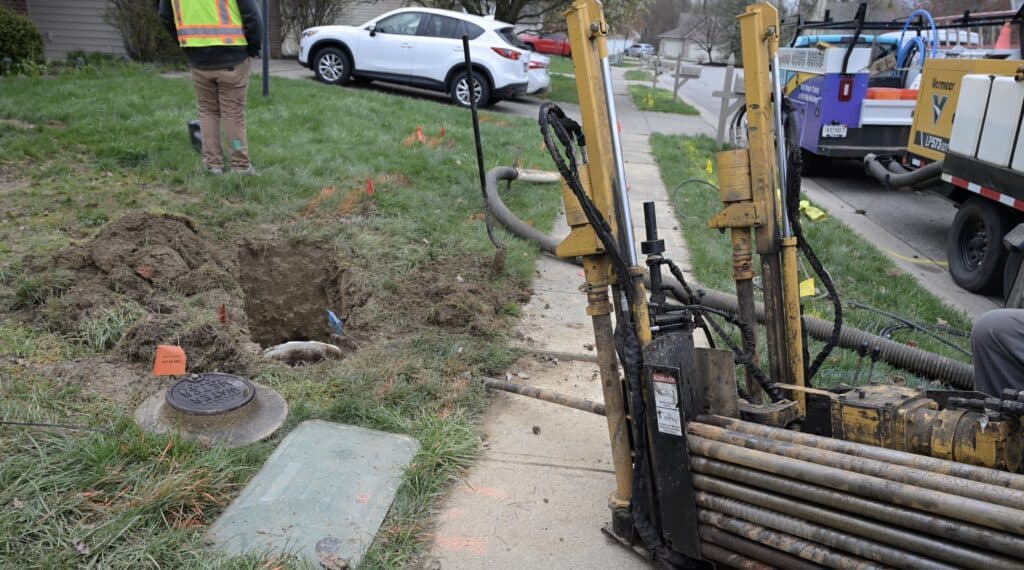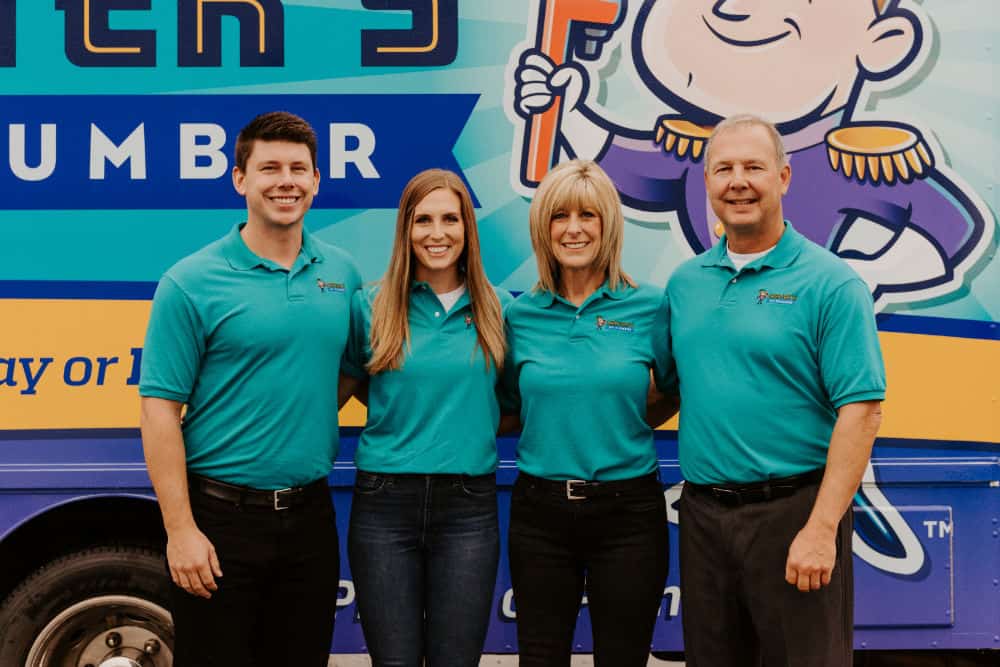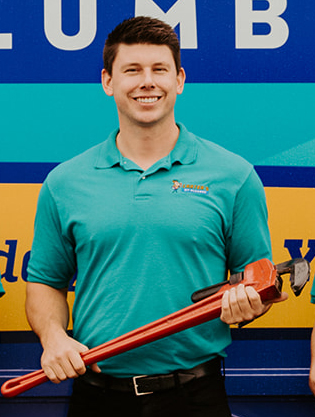Table of Contents
Sewer lines are probably not something that the average person spends much time thinking about on a daily basis. However, when trouble arises and sewer lines impact local infrastructure, thereby disrupting everyday life, it’s impossible not to sit up and take notice. When sewer lines aren’t working the way that they are designed to, public health is impacted, environmental degradation can occur, and damage to homes and businesses is possible, as well as a litany of other negative outcomes.
Ultimately, when a sewer line is damaged on a private home or property, it’s critical to swing into action and remedy the issue as soon as possible. And that requires ensuring you put your trust in a plumbing professional who is well versed in local regulations, including sewer repair permits.
At Carter’s My Plumber, we are proud to be known as sewer line repair experts in Indianapolis, IN. In this article, we will share what you need to know about navigating regulations in Indianapolis and why obtaining a sewer repair permit is important.

What is a Sewer Repair Permit?
At its most basic, a sewer repair permit is the official authorization that is issued by a local municipality. It is typically required when a homeowner or a contractor is seeking to perform repair work on a sewer system that is directly connected to private property. Ultimately, its purpose is to ensure that the people who are performing the work do so in accordance with public safety and health laws as well as understand the need to protect the sewer system’s structural integrity.
How is a Sewer Repair Permit Obtained?
To the lay person who isn’t an experienced plumbing contractor, it may feel worrisome about having to potentially jump through some bureaucratic red tape when it comes to obtaining a sewer repair permit. That’s where working with an experienced plumber can make things much easier.
Firstly, when you contract with a plumbing professional, they will first determine whether or not the work even requires a permit from the city or local government. If it doesn’t, that makes the job that much easier.
However, if the situation is evaluated and sewer repair permit is deemed necessary, then it is time to gather documentation, such as the plans for the work, detailed specifications, and the like. From there, the application is completed and submitted to the authorities along with any fees.
After that, it’s time to wait for review and approval, and then work can begin.
One final item to be aware of, once the permit is issued, all of the sewer repair work must be carried out according to approved plans and specifications. Local authorities do reserve the right to perform inspections both as the work is carried out and once it is finished. This is done to confirm regulatory and code compliance.
What Are the Consequences of Not Obtaining a Permit?
If sewer repairs are needed, and the sewer line in question is connected to public property, neglecting to obtain a permit could result in considerable fines and penalties. Additionally, any respected plumbing company would not try to get around this part of the process as it could be damaging to their reputation. Only partner with a plumbing professional who is willing to do all phases of a project above board and by the book.
In addition to fines and penalties issued by local authorities, there are other risks at hand as well, including being liable for damages if the sewer repair is not completed correctly or fails. Furthermore, a property owner could find themselves facing serious headaches if they seek to sell the property and unpermitted work is discovered by a potential buyer.
Finally, when a permit is not obtained, major harm to environmental and public health can occur because of improper repairs.
How Much Does a Sewer Repair Permit Cost?
Of course, depending on where you are located, the cost for a sewer repair permit can vary. Since this guide is focused on Indianapolis, the approximate cost for a residential sewer repair permit ranges from $25 to $50. However, if the sewer line damage is significant and a lot of work related to excavation or land hauling is required, then additional permits as well as fees may apply, which could raise the total cost of the work. The specific cost and requirements can vary based on the project scope as well as inspection requirements mandated by Indianapolis authorities.
With that in mind, it’s wise to ensure you’re working with a licensed and reputable plumbing professional who can confirm your project has all of the necessary permits and understands the complexity of the work they may be facing as your contractor.
In Case of an Emergency, Do Permits Still Apply?
Sewer line damage is never welcome, but truly it can happen at any time, day or night. When such a thing occurs, it’s obvious that you’ll want it fixed as expediently as possible.
When facing an urgent sewer repair such as a burst pipe, sewer backup, or a situation that is threatening immediate damage to property or public health, some local municipalities will allow work to begin without waiting for the full permit approval. This is particularly true if the damage could worsen if it isn’t fixed immediately.
However, once the emergency repairs are completed, it’s common for a city to require a retroactive sewer repair permit to ensure compliance with safety and code standards. Additionally, some jurisdictions also require homeowners to show proof and documentation that the emergency repair was absolutely necessary.
To avoid complications when facing an emergency, it’s recommended that you document the situation with photographs that show the condition of the sewer line and any visible damage prior to the repair work beginning. Also keep local authorities in the know about the emergency, as they may grant provisional approval or suggest next steps. Then, work only with a licensed plumber who understands the urgency and can help expedite getting a sewer repair permit retroactively once the work has been completed correctly.
Protect Yourself and Your Property with a Sewer Repair Permit
Facing a busted sewer line is never fun, but you should never try to cut corners with permitting and only ever partner with a contractor who is willing and able to ensure your project is handled professionally and in compliance with the law. To find out more about sewer line repair and the necessary permits in Indianapolis, reach out to the Carter’s My Plumber team directly.



